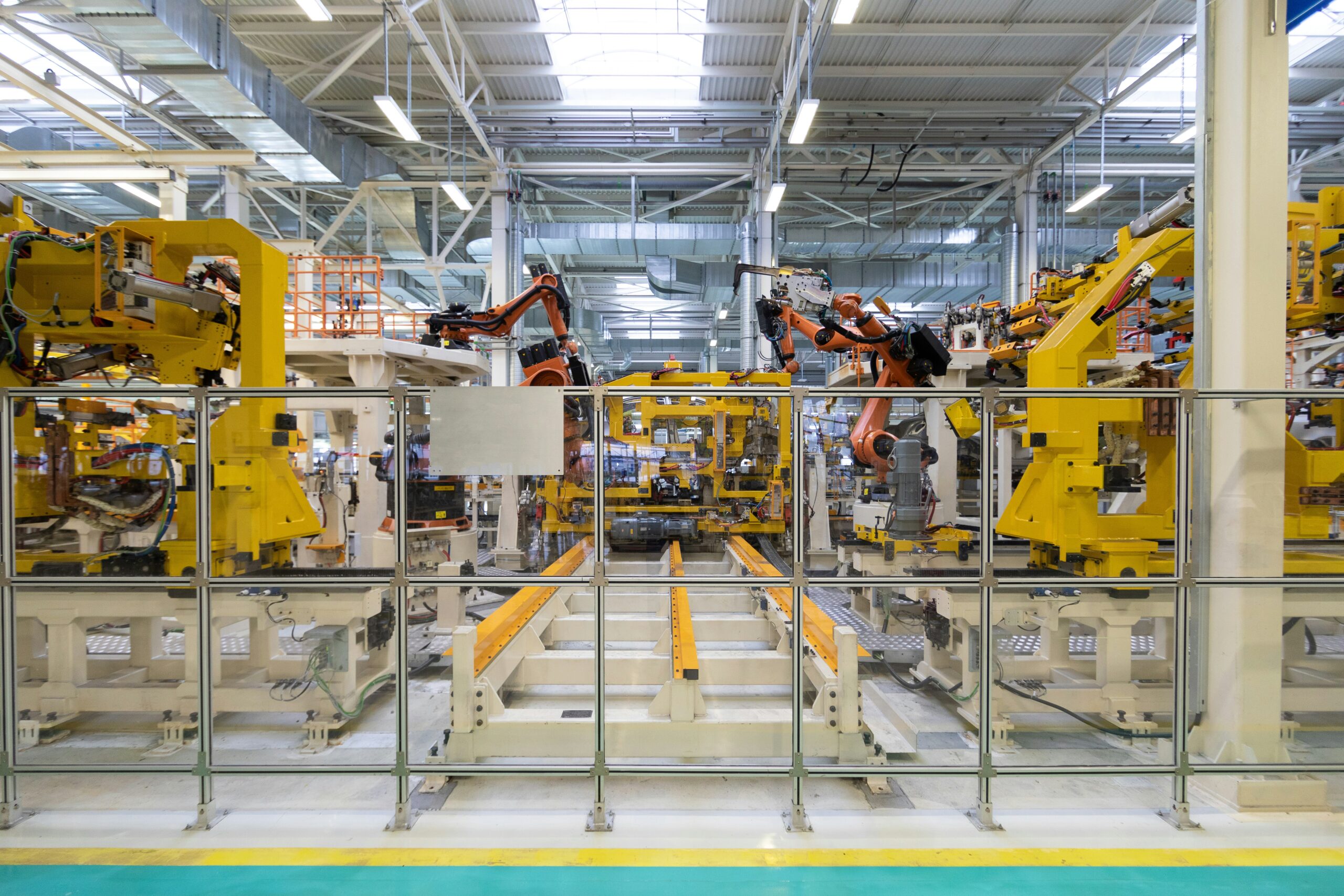
Manufacturing technology is reshaping industries worldwide, propelling efficiency and innovation to unprecedented levels. As companies strive to meet the growing demand for high-quality products at reduced costs, advancements in manufacturing technology catalyze transformative change. With continuous progress in automation, materials science, and digital integration, the sector stands at the forefront of industrial evolution.
Automation: Enhancing Precision and Productivity
Automation has fundamentally transformed manufacturing processes, enabling faster production cycles and reducing human error. Robots and automated systems now perform tasks that once required manual intervention, ranging from assembling complex machinery to quality inspection. As a result, manufacturers achieve greater consistency in their output.
Moreover, integrating artificial intelligence (AI) into automation systems has further elevated capabilities. For example, AI-powered robots can adapt to real-time changes, ensuring seamless operations even under fluctuating conditions. Transitioning from traditional to automated workflows enhances productivity and minimizes operational costs, making it a game-changer for businesses of all sizes.
While automation undeniably optimizes efficiency, it also fosters innovation. By freeing human workers from repetitive tasks, companies can redirect their workforce toward creative problem-solving and product development. This dynamic interplay between automation and human ingenuity highlights the transformative potential of modern manufacturing technology.
Additive Manufacturing: Redefining Product Design
Additive manufacturing, commonly known as 3D printing, revolutionizes how products are designed and manufactured. Unlike conventional methods, often involving material wastage, additive manufacturing builds components layer by layer, optimizing material usage and reducing waste. This approach not only enhances sustainability but also allows for intricate designs that were previously unattainable.
Furthermore, additive manufacturing accelerates prototyping and reduces lead times. Engineers can quickly create functional prototypes, test them, and refine designs without incurring significant costs. This rapid iteration process empowers companies to bring innovative products to market faster. Consequently, businesses gain a competitive edge by responding swiftly to evolving consumer demands.
Beyond prototyping, the technology is making significant inroads into large-scale production. Industries such as aerospace and healthcare leverage 3D printing to produce complex parts and medical devices tailored to individual needs. The flexibility offered by additive manufacturing continues to redefine the possibilities in product design and production.
Advanced Materials: Expanding Manufacturing Horizons
The development of advanced materials has opened new frontiers in manufacturing technology. Materials like carbon fiber composites, advanced alloys, and biocompatible polymers create lighter, stronger, and more durable products. These innovations enhance performance and sustainability by reducing material consumption and energy use.
For instance, the aerospace industry benefits from lightweight yet robust materials that improve fuel efficiency and reduce emissions. Similarly, the automotive sector employs advanced materials to produce vehicles with improved safety and energy efficiency. The strategic use of such materials underscores their critical role in advancing manufacturing capabilities.
Advanced materials improve existing products and enable the development of entirely new applications. For example, biocompatible polymers drive breakthroughs in medical implants, while innovative materials with responsive properties pave the way for intelligent devices. As manufacturing technology evolves, the interplay between materials science and engineering will continue to shape the industry’s future.
Digital Integration: The Smart Factory Revolution
Digital integration lies at the heart of the smart factory revolution, transforming traditional manufacturing facilities into interconnected ecosystems. Technologies like the Internet of Things (IoT), big data, and cloud computing enable real-time monitoring and control of production processes, ensuring optimal efficiency and minimizing downtime.
IoT sensors in machinery collect data on performance, wear, and environmental conditions. This information allows manufacturers to predict maintenance needs, preventing unexpected breakdowns and extending equipment lifespan. Additionally, big data analytics help identify trends and optimize production strategies, fostering continuous improvement.
Cloud computing further enhances collaboration and flexibility by enabling remote access to manufacturing systems. Teams can monitor operations, analyze data, and make informed decisions virtually anywhere. This level of connectivity ensures that manufacturers remain agile and responsive in a rapidly changing market landscape.
As digital technologies evolve, their integration with manufacturing processes will deepen. From virtual reality (VR) training modules for employees to blockchain for supply chain transparency, the smart factory revolution exemplifies the boundless potential of digital innovation.
Sustainability: A Driving Force in Modern Manufacturing
Sustainability has become a cornerstone of manufacturing technology, guiding advancements toward environmentally friendly practices. Companies increasingly adopt energy-efficient processes, recycling initiatives, and renewable energy sources to minimize their ecological footprint. These efforts align with global sustainability goals and enhance brand reputation and consumer trust.
One notable trend is adopting circular economy principles, minimizing waste and reusing or repurposing materials. For example, manufacturers recycle scrap materials into new products, reducing reliance on virgin resources. This shift toward circularity is gaining momentum across industries, reflecting a growing commitment to sustainable development.
Energy efficiency is another critical aspect of sustainable manufacturing. Innovations such as energy-efficient machinery, optimized logistics, and smart grids help reduce energy consumption and greenhouse gas emissions. As sustainability becomes increasingly vital, manufacturing technology will continue to drive solutions that balance economic growth with environmental stewardship.
Embracing the Future of Manufacturing
Manufacturing technology is a cornerstone of modern industry, driving advancements that reshape production methods, improve efficiency, and foster innovation. From automation and additive manufacturing to advanced materials and digital integration, these technologies are redefining what is possible in the industrial landscape.
As the world grapples with resource scarcity and climate change challenges, the emphasis on sustainable manufacturing practices has never been more critical. By embracing cutting-edge technologies and prioritizing sustainability, manufacturers can build resilient, forward-looking operations that meet the demands of an evolving global market. In this era of rapid change, the transformative power of manufacturing technology will undoubtedly continue to shape the future of industry and society.